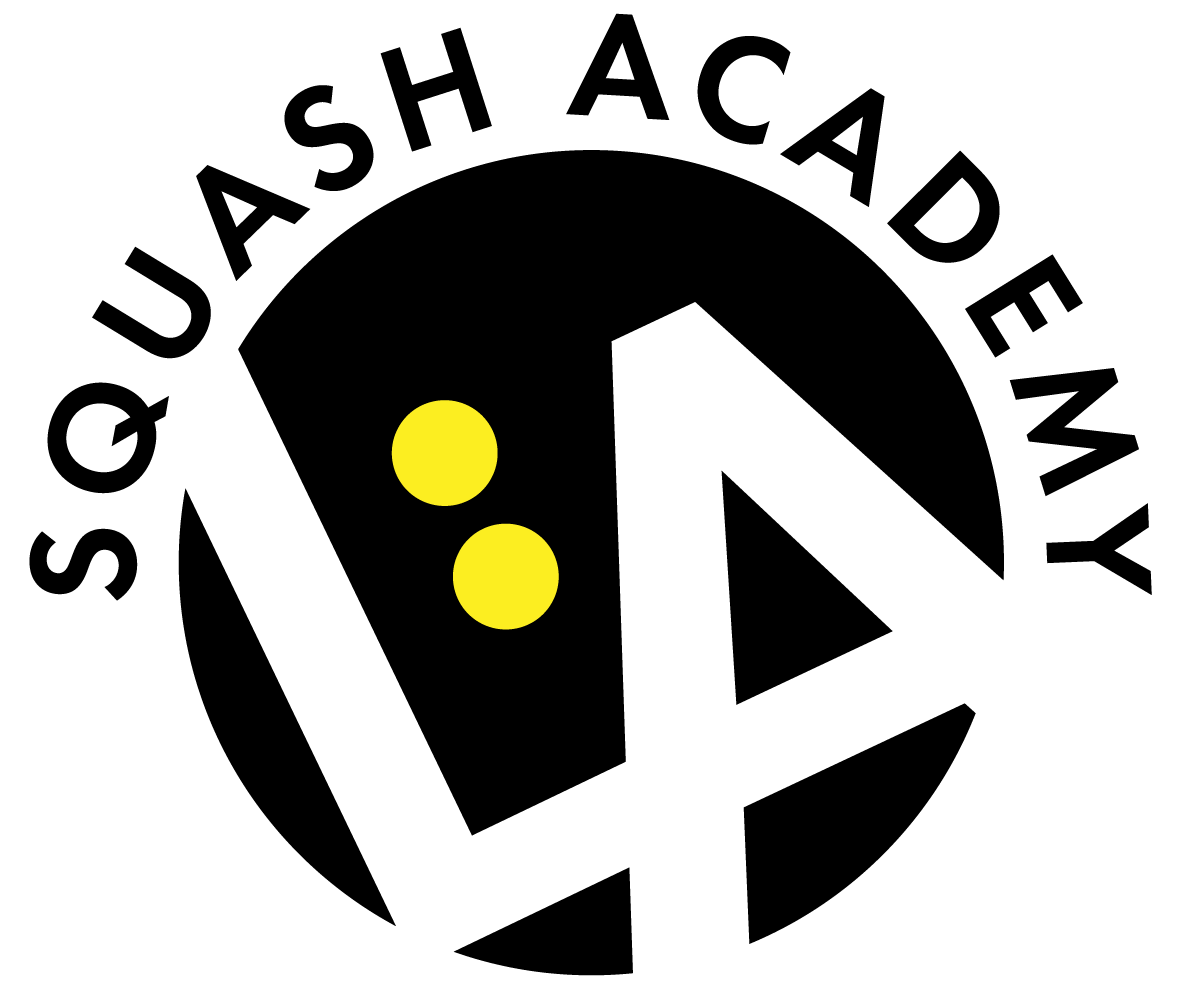Spotlight Interview:
Tom Williams
Tom (left) with LA Squash Academy junior player Milo Friedman after a match
February 2022: We waylaid Tom Williams recently between lessons and clinic, and asked him about his youth, how he came to discover and love squash, and his passions. His bio can be found elsewhere on our website. Here’s a transcript of our conversation:
1. When and where did you start playing squash? My childhood was mostly spent playing rugby, football (soccer) and tennis, although I would often practice hitting tennis balls against the outer wall of my home. For High School I was lucky enough to attend Gordonstoun School in Scotland, a boarding school that was home to four squash courts. By the time I was 15, a combination of cold winter weather and my scrawny physique drove me away from tennis and rugby and into the squash courts.
2. When did you start coaching, and what originally brought you to Arroyo Seco? I met Coach Bob Hanscom in September 2015 while coaching tennis at Chadwick School. We were visiting Arroyo Seco Racquet Club to play a tennis fixture and I was pretty shocked to see squash courts. I sent the tennis team out to play their matches then jumped on the squash court to hit with Eric Lin and Vishal Prashant. Coach Bob and I stayed in close contact afterwards until I finished the tennis season, and then in 2016 he brought me on to be his assistant squash pro at Arroyo Seco.
3. What’s your favorite thing about coaching squash? That is tough to answer. Working with my best friends, geeking out on a sport I love, introducing and sharing squash with new people, playing squash everyday … What was the question again? Oh yeah, I love my job.
4. Who inspires you to develop to your fullest potential as a coach and mentor? My Dad was my High School’s theatre teacher, and while I know that for most people having your parent as your teacher would probably be a nightmare, for me it was great. Besides being incredibly intelligent and passionate, my Dad has qualities beyond those of your typical High School teacher. His personality and energy sparks interest in everyone who takes his classes, and students enjoy and connect to theatre as much as he does. He inspires me to strive for those qualities and to apply them to squash.
5. What are the highlights of your coaching experience at LA Squash Academy? We’ve really just begun, but summer camps were so much fun last year. I feel like the energy and atmosphere was at its peak during those weeks, not to mention the big improvement of those in attendance. I can’t wait for next summer.
6. Who in the world of squash do you admire and why? Coach Bob. Not only is he a legend, but I owe my whole coaching career to him. I was young and directionless when I met Bob, but he gave me an opportunity to learn from him. He empowered me, giving me the tools and discipline to make it as a coach. For those of you who don’t know Bob, he is a force to be reckoned with. The man knows how to get things done. Whether it be running tournaments or special events, founding junior programs, building courts or being national champion in his age division for something like 10 years running…it is safe to say that the LA Squash community would not exist if it weren’t for him and I feel a responsibility to continue his good work.
7. What are the key things you look for in players who are just starting out? Hand-eye coordination would be a start, then athletic ability. Beyond that I look for character and try to understand how squash can benefit each individual.
8. What is unique to your coaching and how do you instill discipline in your players? Every lesson I teach is very different. I don’t believe in forcing excellence upon my students; instead I try to empathize and create an environment that engages the individual while still challenging them. Squash is supposed to be fun! With the right atmosphere and good communication I’m certain that students will continue to grow in a wholesome and healthy way.
9. What advice do you have for youngsters thinking of picking up squash? Feeling stressed or upset, maybe overwhelmed by homework? Try hitting a squash ball as hard as you can for an hour or two and see how you feel afterwards.
10. Are there any major lessons we can learn from how junior squash players are trained in Great Britain? Squash should be a team sport. Strictly speaking, squash is of course an individual sport; however the value of training and playing as a part of a team cannot be overlooked. The culture in which I was introduced to squash was that of a team, where we had practices every day and team league matches once a week. Our LA Squash Academy “Squad” is going to be huge in this respect and I’m confident in the development of all players involved.
11. And finally, the key question for you, Tom: Squash vs Soccer – give us your two cents! Squash is my sport, Football is my religion.

